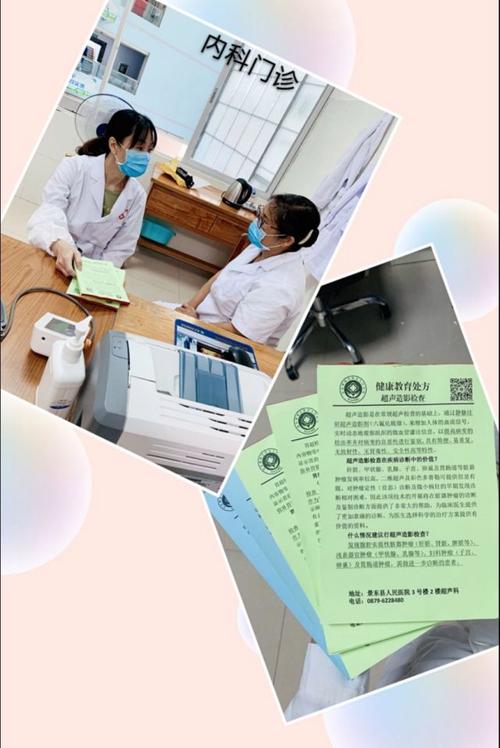临床医技科室健康教育总结
Health Education in Clinical Laboratory Departments
In clinical laboratory departments, health education plays a vital role in promoting patient understanding, wellness, and disease prevention. Here are some key aspects and strategies for effective health education within this setting:
Health education is essential to empower patients with knowledge about their health conditions, diagnostic tests, and preventive measures. It helps patients make informed decisions and improves compliance with medical recommendations.
Health education in clinical labs covers various topics:
- Understanding laboratory tests and their purposes
- Interpretation of test results
- Healthy lifestyle choices
- Disease prevention and management
- Medication adherence
Effective methods to deliver health education include:
- Oneonone counseling sessions
- Brochures and pamphlets
- Posters and visual aids in waiting areas
- Digital resources and educational videos
- Workshops and group sessions
Laboratory professionals play a crucial role in health education:
- Explaining test procedures and alleviating patient concerns
- Interpreting test results accurately
- Providing guidance on followup care based on test outcomes
- Encouraging healthy behaviors and preventive measures
Collaboration with other healthcare providers is key:
- Working closely with physicians to ensure patients understand diagnosis and treatment plans
- Coordinating with nurses and pharmacists for comprehensive patient education
- Engaging with patient advocacy groups for targeted educational initiatives

Regular assessment of health education programs is essential:
- Solicit patient feedback through surveys
- Monitor patient outcomes and compliance rates
- Review educational materials for relevance and clarity
- Adapt programs based on feedback and emerging healthcare trends
Overall, health education in clinical laboratory departments enhances patient engagement and contributes to better health outcomes. By focusing on education alongside diagnostics, these departments can empower patients to take charge of their health and wellbeing.
